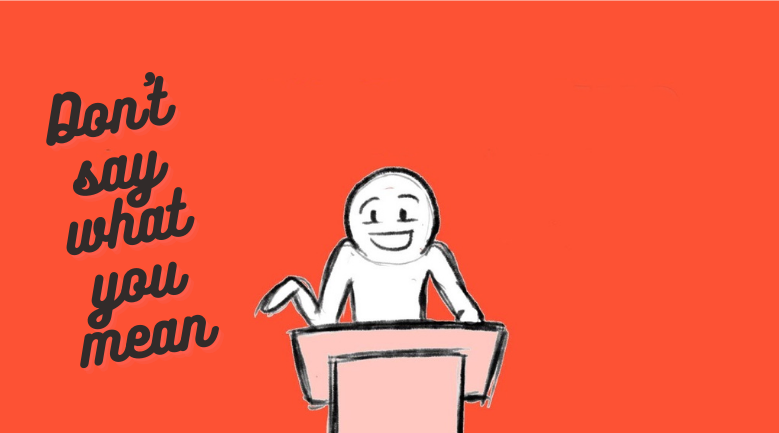Long time readers will know that I don’t like RESOLUTIONS. There’s too much focus on one day in the year, and there’s too much looking back on a previous year with regret, with a false determination to DO BETTER next year.
And it’s all too easy for the resolutions to fall flat.
Like: “This year, I’m going to lose x weight”. It’s a focussed target, which might appear to be good, but it’s a digital target. You will either succeed, or you will do the ‘F’ word – FAIL. And failure is a destructive state of mind.
We don’t like destructive things – we only like constructive things. So my resolutions are NOT resolutions – they’re aims, or goals. If I don’t reach those goals, I’m not going to beat myself up about it, because as you will have seen if you’ve read my ‘looking back‘ post, there’s still a lot to celebrate.
So let’s get started.









